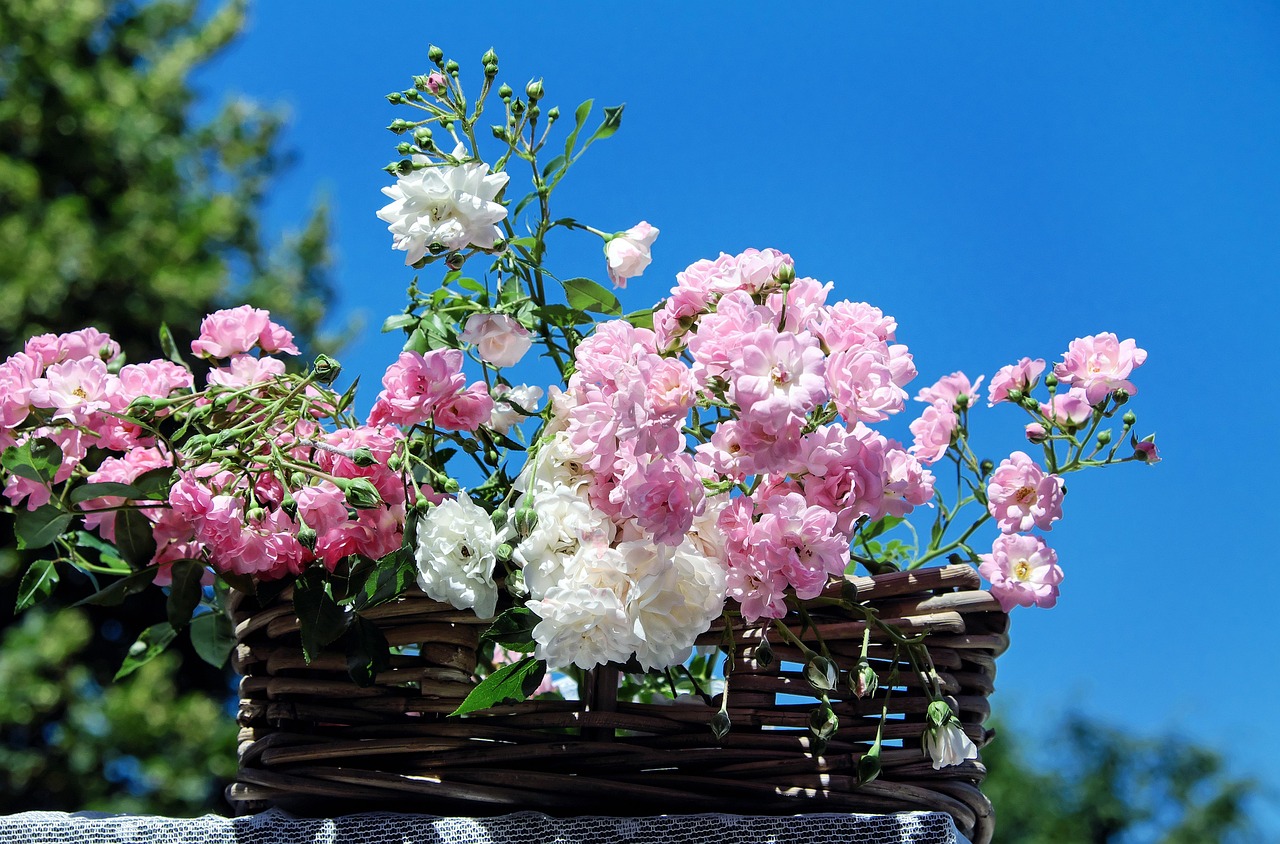Mother’s Day is more than just a date on the calendar. It is a heartfelt celebration of the women who shape our lives with love, strength, and unwavering support. Observed in many countries around the world, Mother’s Day is an opportunity to express gratitude for the sacrifices, wisdom, and unconditional care that mothers and maternal figures provide every day.
The Origins of Mother’s Day
While the celebration of motherhood dates back to ancient times, with festivals like the Greek cult to Cybele or the Roman festival of Hilaria, the modern version of Mother’s Day has its roots in the United States. The holiday was officially established by Anna Jarvis in the early 20th century. After her mother’s death in 1905, Jarvis wanted to create a day that recognized the sacrifices mothers made for their children.
Her efforts paid off in 1914, when President Woodrow Wilson signed a proclamation designating the second Sunday in May as Mother’s Day, a national holiday. Ironically, Jarvis would later grow disillusioned with the commercialization of the day and spent the later years of her life trying to remove it from the calendar. Still, her original intent—to honor the pure, loving spirit of motherhood—remains central to the holiday’s meaning.
Why We Celebrate
Mother’s Day is not just for biological mothers. It’s a celebration of all maternal figures—grandmothers, stepmothers, adoptive mothers, aunts, teachers, and mentors—who have played a nurturing role in someone’s life. These women offer guidance, protection, and love, often putting the needs of others before their own.
The role of a mother is complex and ever-evolving. From sleepless nights with newborns to heartfelt conversations with teens, and from cheering at school recitals to providing support during life’s toughest challenges, mothers are often the emotional backbone of the family. Mother’s Day gives us a moment to acknowledge these efforts and say thank you.

Global Traditions of Mother’s Day
Though Mother’s Day is celebrated in many parts of the world, each country has its unique traditions. In the United States, it’s common to give mothers flowers along with cards, chocolates, and gifts. Families often gather for brunches or dinners, and many children create handmade crafts or write letters to show their appreciation.
In the United Kingdom, “Mothering Sunday” has religious roots and is celebrated on the fourth Sunday of Lent. Traditionally, people returned to their “mother church” for a special service, and domestic servants were given a day off to visit family. Over time, it evolved into a more secular celebration akin to the American Mother’s Day.
In Mexico, Día de las Madres is celebrated on May 10 regardless of the day of the week. It’s a grand occasion often marked by mariachi serenades, family meals, and church services. In Ethiopia, families gather for a multi-day celebration of motherhood with food, singing, and dancing during the Antrosht festival.
These diverse customs highlight the universal appreciation of motherhood, even as cultural expressions vary.
Making It Meaningful
While flowers and gifts are lovely, the most meaningful gestures often come from the heart. A simple phone call, a handwritten note, or spending quality time together can be more valuable than any material present. After all, what most mothers want is to feel loved and appreciated.
For those who have lost their mothers or are estranged, the day can be bittersweet or painful. It can also be an opportunity to honor their memory or reflect on other nurturing figures in life. Volunteering, supporting maternal health charities, or simply spending the day in quiet reflection are powerful ways to give the day meaning.

The Modern Mother
The image of motherhood has also evolved. Today’s mothers often juggle multiple roles—professional, caregiver, partner, friend—while navigating societal pressures and expectations. They come from diverse backgrounds and experiences, challenging outdated stereotypes and embracing a broader, more inclusive definition of what it means to be a mom.
Mother’s Day, therefore, is not only a celebration but also a reminder of the support that mothers need from society. It invites conversations around maternity leave, affordable childcare, and emotional well-being. Recognizing these challenges helps create a culture where mothers are truly honored—not just for a day, but every day.
Conclusion
Mother’s Day is a beautiful occasion to pause and reflect on the immeasurable impact of mothers and maternal figures. Whether through kind words, thoughtful gestures, or quality time, it’s a chance to show appreciation for the love and labor that so often go unnoticed. At its core, Mother’s Day is a celebration of connection—of the bonds that nurture us from the very beginning and continue to shape who we are.
Let us not just reserve our gratitude for this one day, but carry it forward in our everyday actions, words, and relationships. Because honoring mothers is not just a tradition—it’s a timeless act of love.
